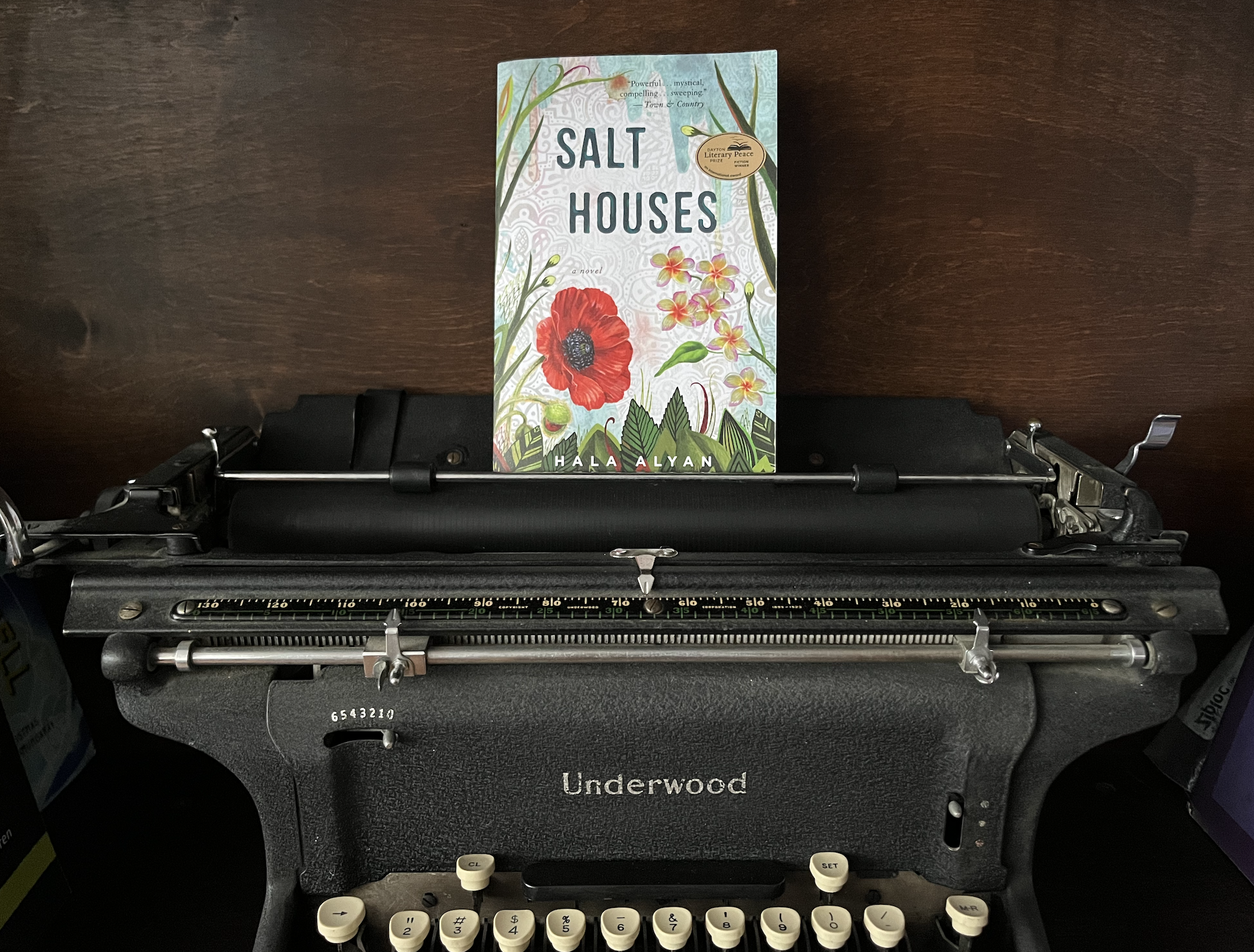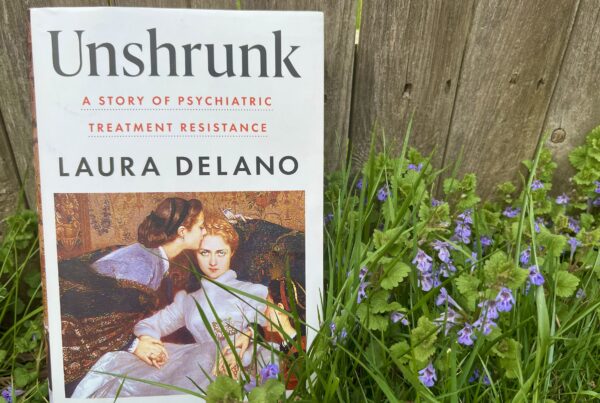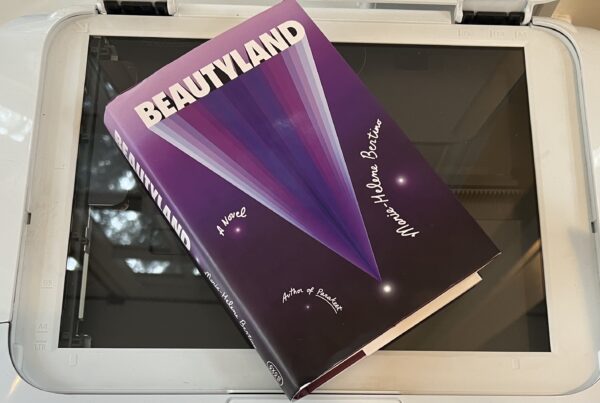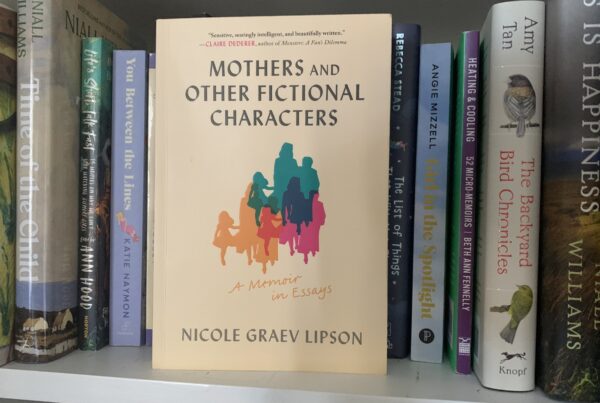A former student told me the other day that she remembered being confused when she first entered university because she “was like, dang, I don’t think Palestinians were mentioned once in high school.” That, of course, is also a failure on the part of my school, and I can’t say my own experience—from kindergarten to higher ed and beyond—was any different. I’ve been trying to rectify that wrong on my own, especially by listening to and reading Palestinian storytellers.
My most recent read is a book called Salt Houses written in 2018 by Hala Alyan. In beautiful prose, the story covers fifty years from 1963 to 2017 and follows four generations of a displaced Palestinian family, the Yacoubs, as they scatter across the globe after the Six-Day War, to Nablus, Kuwait City, Amman, Paris, Beirut, and Jaffa. The chapters shift among characters, primarily focusing on the women in the family as they work through loss, rebuild their lives and homes, and create new generations.
In an interview in the back of the book, Alyan states that she wanted to “write something that avoided the usual (media and art) portrayal of Palestinians and Arabs, which often involves politicizing or exoticizing them.” I felt this deeply as I was invited into the inner lives of the Yacoub family—their squabbles with one another, their playfulness, their faults and hopes and joys. Politics appear, but events such as the Six-Day War, Saddam Hussein’s invasion of Iraq, and the 9/11 attacks mostly serve as a backdrop to the Yacoubs’ internal struggles. These take the form of challenging mother-daughter relationships, the unbearable decline of a matriarch due to Alzheimer’s disease, and the choices the characters make around faith, parenthood, and romance.
But in the end, this is a novel about home—its loss and creation. The Yacoubs are a displaced family, unable to return to the garden in Nablus prized by the first narrator and eventual great-grandmother, Salma. Toward the end of the book, Atef, Salma’s son-in-law, sits in the garden of a new home in Amman and reminiscences about Salma’s garden and the house it surrounded:
“That house. The ones that came after. He thinks of them, instinctively touching the soil again. All the houses they have lived in, the ibriks and rugs and curtains they have bought; how many windows should any person own? The houses float up in his mind’s eye like jinn, past lovers. The sloping roof of his mother’s hut, the marbled tiles in Salma’s kitchen, the small house he shared with Alia in Nablus. The Kuwait home. The Beirut apartments. This house, here in Amman. For Alia, some old, vanished house in Jaffa. They glitter whitely in his mind, like structures made of salt, before a tidal wave comes and sweeps them away.”
So much happens in the gardens of this novel—the soil serving as both home and memory of home. The land both there and not there, held in the characters’ minds and hearts, but lost in so many other ways.
As a reviewer from NPR says about Salt Houses, “fiction is often the best filter of the real world around us,” and this novel, among others such as Behind You Is the Sea by Susan Darraj and Minor Detail by Adania Shibli, has helped me to begin filling in the gaps left by the world around me about Palestinian lives and stories.




